If you are looking to express gratitude in English, a superficial ‹thanks› quickly comes to mind. If you are being...
Rudolf Steiner wrote in the last months of his life: «If we speak today in such a way that our thoughts...
A touching collection of memories, written by his colleagues at Rudolf Steiner Archive after his unexpected death this autumn, reveals Roland Halfen to have been remarkably prolific and engaging, while working humbly behind the scenes. Roland Halfen worked on Rudolf Steiner’s Collected Works since 2002, producing volumes dedicated to Steiner’s...
Aside from his course activities at the Hamburg seminary of the Christian Community, I was able to have a series...
In India, ‹Dhanyawaad› is the word closest to the German word ‹Danke›. It means ‹I feel deep gratitude›. Accordingly, it...
An Online Meeting in Honor of Truus Geraets On October 4, Dutch eurythmy therapist and co-founder of the World Social Initiative Forum, Truus Geraets, died at the age of 93. Geraets grew up under German occupation in World War II. She completed her curative education training in Germany and eurythmy...
“I dreamed of being the first black female rock’n’roll singer to fill stadiums like the Stones!” recalls Tina Turner. And...
Gerhard Kienle (1923-1983), founder of the Herdecke Community Hospital and Witten-Herdecke University, was as involved in politics and culture as...
On the 150th anniversary of Goethe’s death, Schad gave a lecture in the hall of the Waldorf School Uhlandshöhe in Stuttgart, in which he compared assumptions of the normal natural scientist with the attitude of many autistic people. His remarks remain unforgettable to me. I got to know him better...
Marginalia on Rudolf Steiner’s Life and Work No. 22 – The Sister had the works of her famous brother read...
«We are all players aboard the ship Earth, and we must not allow it to be destroyed. There will be...



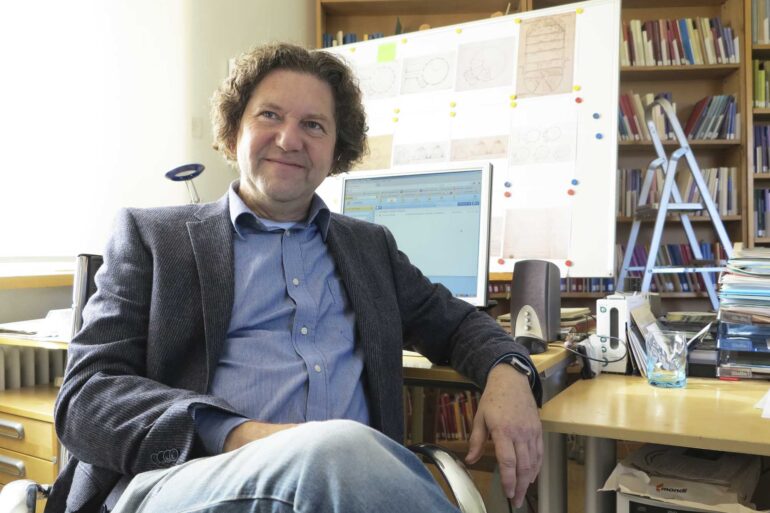
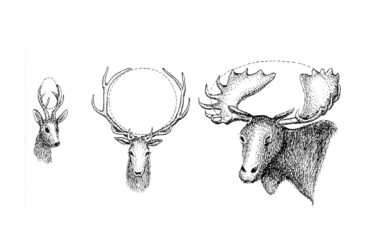

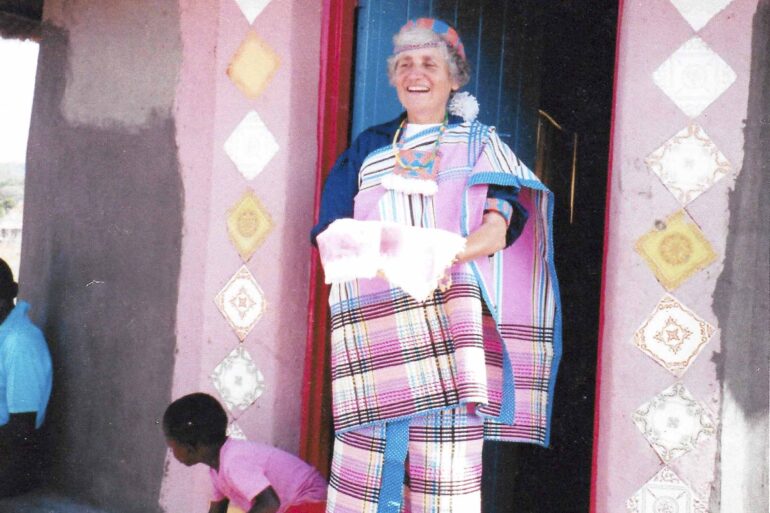

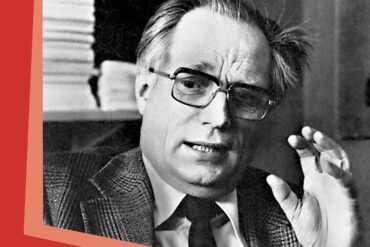
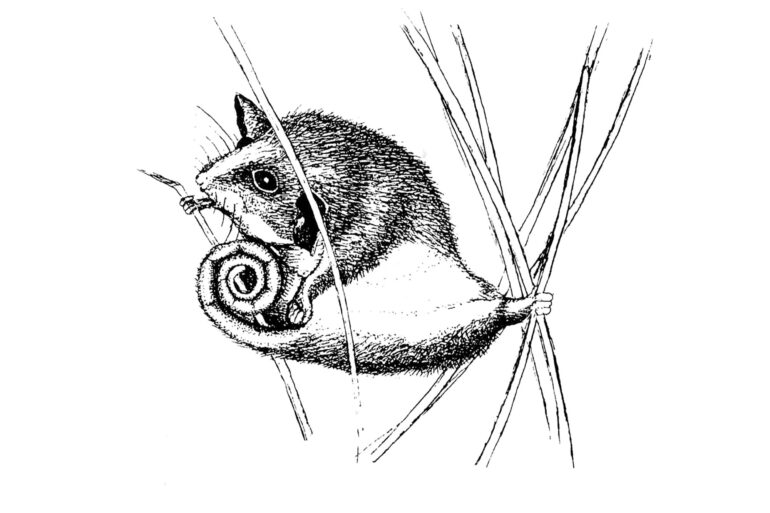



Letzte Kommentare